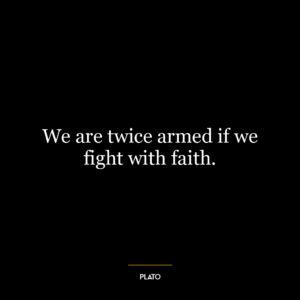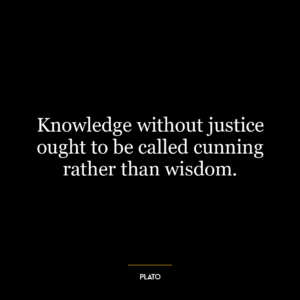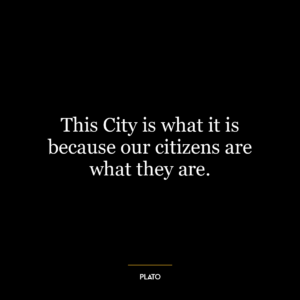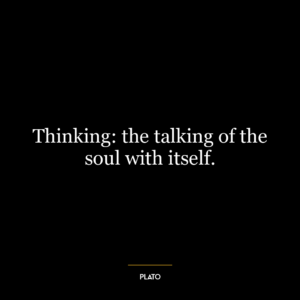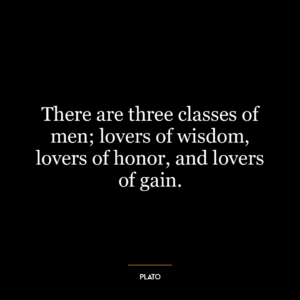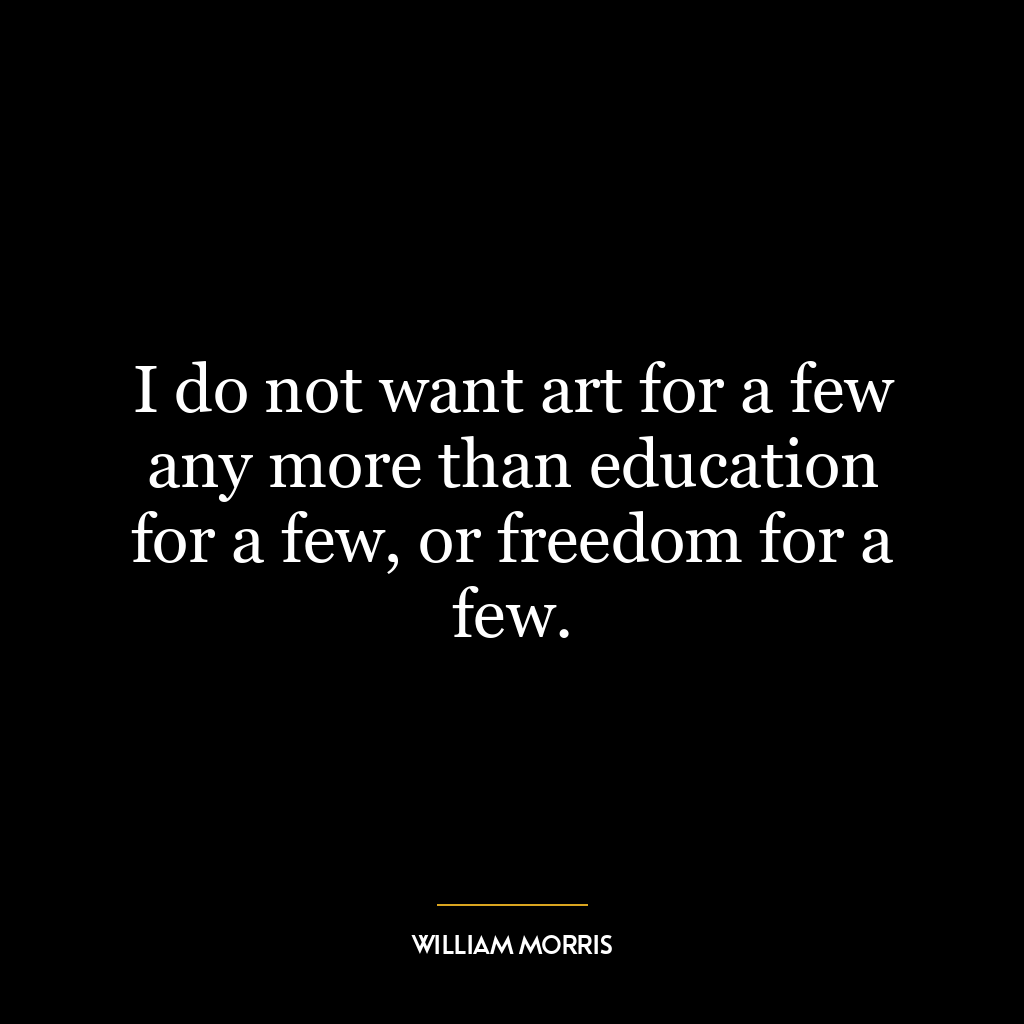Everywhere there is one principle of justice, which is the interest of the stronger.
“Everywhere there is one principle of justice, which is the interest of the stronger” is a quote that underscores the idea that the concept of justice is often defined by those who hold power. In this context, the “stronger” refers to those who are in positions of power or authority – they could be political leaders, societal elites, or even dominant cultural norms. This perspective suggests that what is considered “just” or “right” is often a reflection of the interests, values, or goals of these influential entities.
In essence, this quote is an exploration of the relationship between power and justice. It suggests that power structures often define what is considered just, and that justice is not an abstract, universal concept, but rather a construct that is influenced by the prevailing power dynamics.
Applying this concept to today’s world, one could argue that our understanding of justice is shaped by the interests of those in power. For instance, laws and regulations are often created by politicians who, consciously or unconsciously, may favor policies that serve their own interests or the interests of their constituents or supporters. Similarly, societal norms and values, which greatly influence our perception of justice, are often shaped by dominant cultural narratives.
In terms of personal development, this quote could inspire critical thinking about the nature of justice and the influence of power. It could encourage individuals to question the status quo and challenge prevailing norms, rather than accepting them as inherently just. It could also motivate individuals to strive for positions of influence, not for personal gain, but to shape a more equitable and inclusive understanding of justice.




